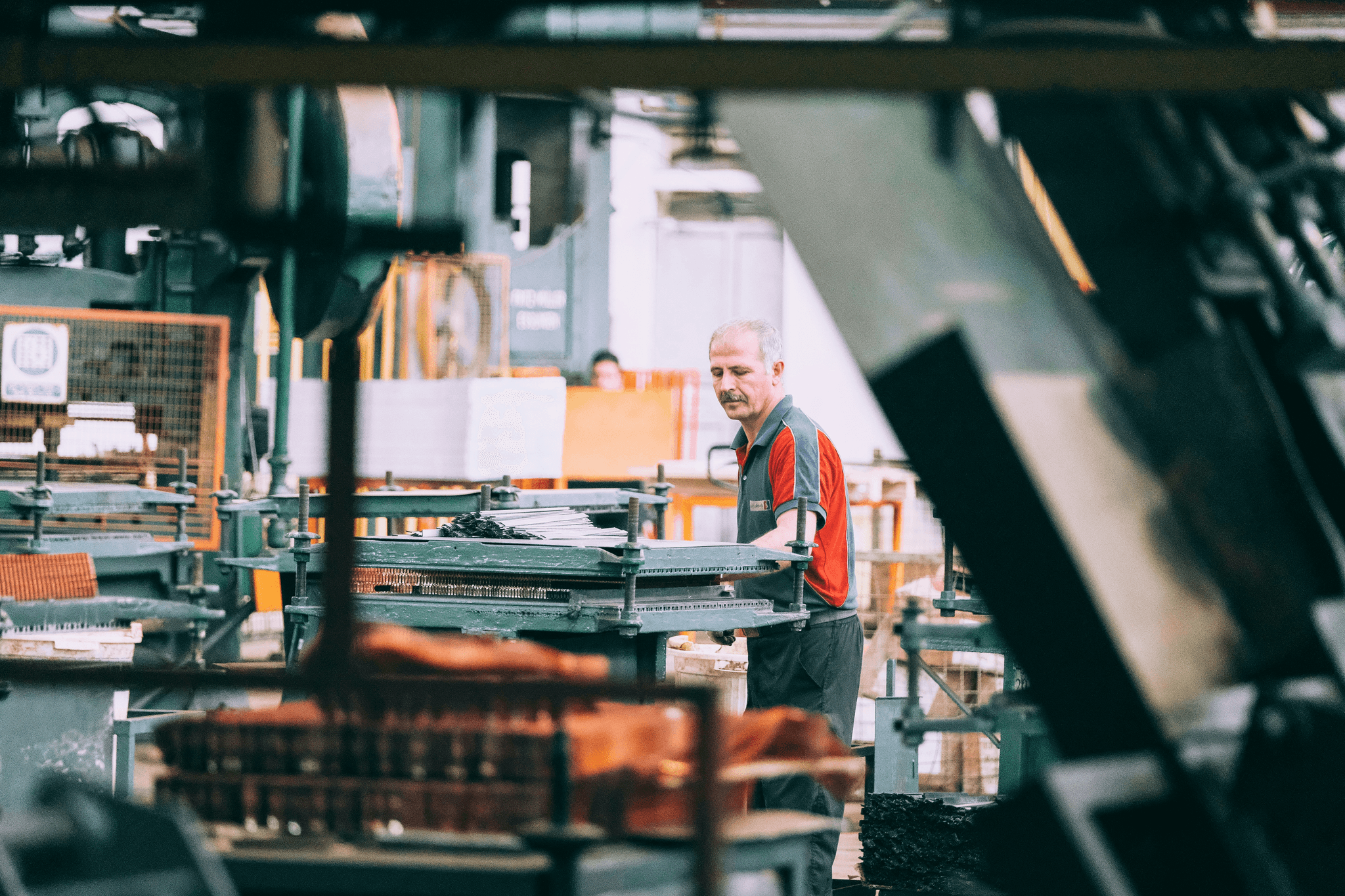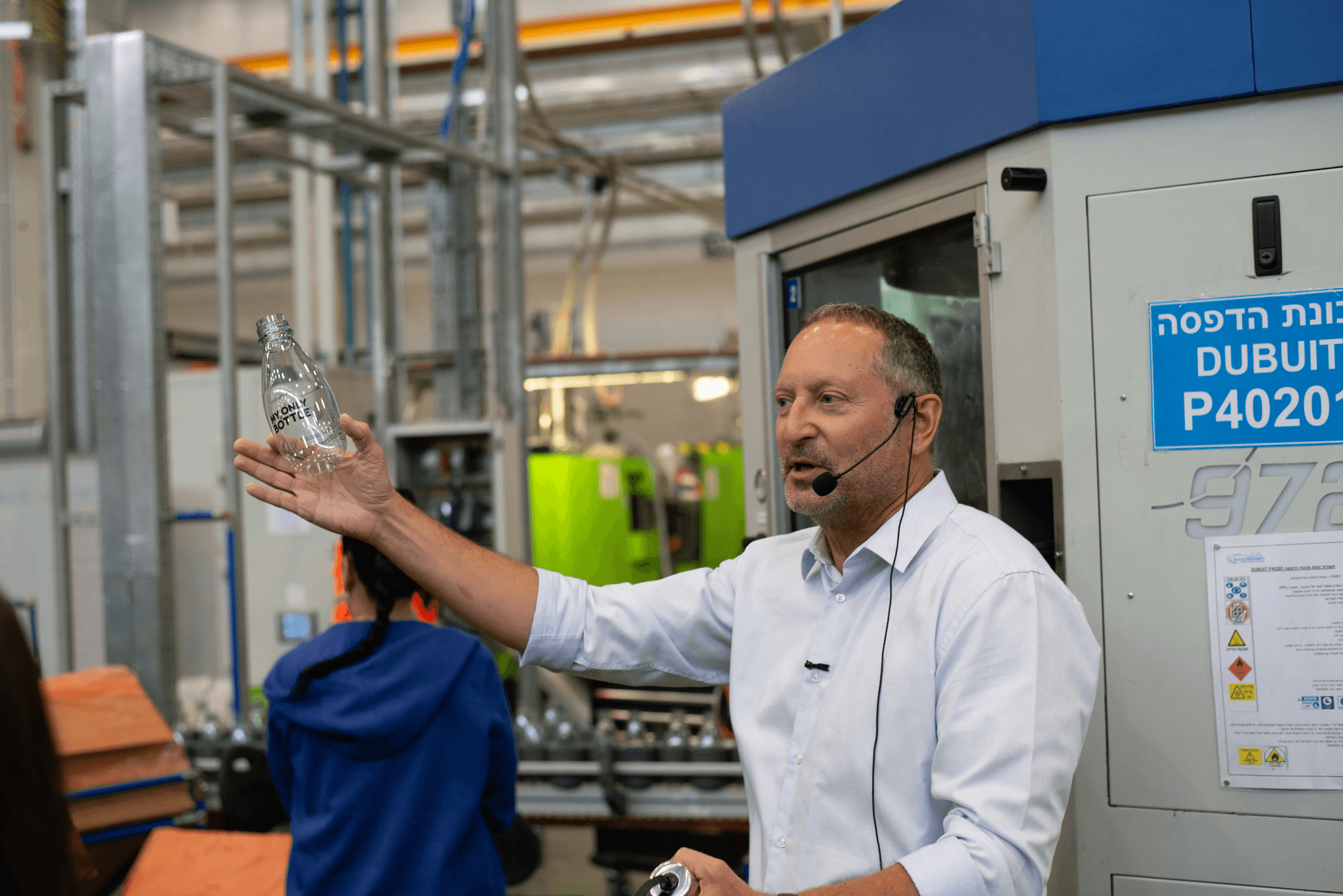Introduction
In today's global marketplace, ethical manufacturing has become a crucial consideration for consumers and businesses alike. Ethical manufacturing encompasses sustainable and responsible practices that prioritize the well-being of workers and the environment. As consumers become more conscious of their purchasing decisions, the demand for ethically manufactured products continues to grow, driving positive change in various industries.
The Meaning of Ethical Manufacturing
Ethical manufacturing refers to the production of goods in a manner that upholds fair labor practices, environmental sustainability, and transparency throughout the supply chain. This means ensuring that workers are paid fairly, provided with safe working conditions, and that production processes minimize harm to the environment.
Benefits of Ethical Manufacturing
Embracing ethical manufacturing practices offers numerous benefits to both businesses and society as a whole. By prioritizing fair wages and working conditions, companies can attract top talent, improve employee morale, and reduce turnover rates. Additionally, ethical manufacturing leads to positive brand reputation and increased consumer trust.
Impact of Ethical Manufacturing on Consumers
Consumers are increasingly seeking out products that align with their values, including those produced through ethical manufacturing processes. They are more inclined to support brands that demonstrate a commitment to social responsibility and environmental stewardship. As a result, consumer choices have the power to drive positive change within industries.
The History of Ethical Manufacturing

Ethical manufacturing has a rich history dating back to the 19th century, with early proponents such as labor activists and social reformers advocating for fair wages and safe working conditions. These individuals laid the groundwork for the modern ethical manufacturing movement by raising awareness about the exploitation of workers in factories. Milestones in ethical manufacturing include the establishment of labor unions, the implementation of child labor laws, and the creation of international labor standards. These pivotal moments have shaped the current state of ethical manufacturing practices, leading to increased scrutiny and accountability within global supply chains.
Early Proponents of Ethical Manufacturing
Early proponents of ethical manufacturing, such as Florence Kelley and Clara Lemlich, were instrumental in championing workers' rights and promoting ethical labor practices. Their efforts led to significant improvements in working conditions and paved the way for future advocacy on behalf of factory workers. SSOURCING INC. recognizes and honors these trailblazers by upholding their legacy through our commitment to ethical sourcing and production.
Milestones in Ethical Manufacturing Movement
Milestones in the ethical manufacturing movement include landmark legislation such as the Fair Labor Standards Act of 1938, which established minimum wage, overtime pay, recordkeeping, and child labor standards affecting full-time and part-time workers in both the private sector and in federal, state, and local governments. SSOURCING INC.'s dedication to upholding these standards is evident through our adherence to fair wages and safe working conditions across our global supply chain.
Current State of Ethical Manufacturing Practices
The current state of ethical manufacturing practices is marked by increased awareness among consumers about where their products come from and how they are made. This heightened consciousness has led to a demand for greater transparency in supply chains, driving companies like SSOURCING INC. to prioritize sustainable sourcing methods and responsible production processes that benefit both people and planet.
Key Principles of Ethical Manufacturing

When it comes to ethical manufacturing, fair wages and working conditions are non-negotiable. This means ensuring that workers are paid a living wage and are provided with safe working environments. At SSOURCING INC., we prioritize the well-being of our workers, ensuring that they are fairly compensated for their hard work and that they work in safe conditions.
Fair Wages and Working Conditions
In the realm of ethical manufacturing, fair wages and working conditions are paramount. This involves paying workers a wage that allows them to meet their basic needs, such as food, shelter, and healthcare. At SSOURCING INC., we believe in providing our workers with fair compensation for their labor, as well as ensuring that they work in environments that prioritize their safety and well-being.
Environmental Sustainability
Environmental sustainability is another key principle of ethical manufacturing. This entails minimizing the environmental impact of production processes and sourcing materials responsibly. SSOURCING INC. is committed to reducing our carbon footprint by implementing eco-friendly practices throughout our supply chain, from using sustainable materials to minimizing waste in our production processes.
Transparency in the Supply Chain
Transparency in the supply chain is essential for ethical manufacturing practices. It involves being open about where materials are sourced from, how products are made, and who is involved in the production process. At SSOURCING INC., we believe in transparency throughout our supply chain, ensuring that our customers have full visibility into how their products are made and where the materials come from.
Case Studies of Ethical Manufacturing Leaders

Patagonia's Commitment to Ethical Manufacturing
Patagonia has long been a pioneer in ethical manufacturing, prioritizing fair wages and sustainable practices. Their commitment to transparency in their supply chain has set a high standard for the industry, earning them a reputation as a leader in ethical manufacturing. By consistently upholding these principles, Patagonia has built a loyal customer base that values their ethical approach to production.
SSOURCING INC.'s Ethical Manufacturing Initiatives
At SSOURCING INC., ethical manufacturing is at the core of our business practices. We have implemented stringent guidelines to ensure fair wages and safe working conditions for all employees involved in our supply chain. Additionally, we prioritize environmental sustainability by using eco-friendly materials and minimizing waste in our production processes. Our dedication to ethical manufacturing has not only strengthened our brand reputation but also inspired other companies to follow suit.
The Impact of Ethical Manufacturing on Brand Reputation
The impact of ethical manufacturing on brand reputation cannot be overstated. Companies that prioritize ethical practices are viewed more favorably by consumers, leading to increased loyalty and trust. In contrast, brands that neglect ethical considerations risk damaging their reputation and losing customers. As consumers become increasingly conscientious about their purchasing decisions, the importance of maintaining an ethical approach to manufacturing becomes even more crucial for businesses.
The Future of Ethical Manufacturing

As the demand for ethical manufacturing continues to grow, several trends and innovations are shaping the future of this industry. Companies like SSOURCING INC. are leading the way by implementing circular economy practices, such as designing products with recyclable materials and promoting a zero-waste approach to production. These innovations not only reduce environmental impact but also contribute to a more sustainable supply chain.
Trends and Innovations in Ethical Manufacturing
In addition to circular economy practices, other trends in ethical manufacturing include the rise of blockchain technology for supply chain transparency and the adoption of sustainable packaging solutions. By utilizing blockchain, companies can provide consumers with real-time information about the production process, ensuring that ethical standards are met at every stage. Furthermore, sustainable packaging reduces waste and minimizes environmental harm, aligning with the principles of ethical manufacturing.
The Role of Technology in Advancing Ethical Manufacturing Practices
Technology plays a crucial role in advancing ethical manufacturing practices by enabling greater transparency and efficiency throughout the supply chain. For instance, advanced analytics and artificial intelligence can help identify areas for improvement in terms of labor conditions or environmental impact. Additionally, innovative production methods such as 3D printing allow for more precise manufacturing while minimizing material waste.
Consumer Expectations and Ethical Manufacturing Standards
With heightened awareness about social and environmental issues, consumers are increasingly expecting brands to uphold high ethical manufacturing standards. This shift in consumer expectations is driving companies like SSOURCING INC. to prioritize transparency and sustainability in their operations. As a result, brands that embrace ethical manufacturing not only earn consumer trust but also gain a competitive edge in the market.
How Consumers Can Support Ethical Manufacturing

Making Informed Purchasing Decisions
When it comes to supporting ethical manufacturing, consumers can start by researching and choosing products from companies that prioritize fair labor practices and environmental sustainability. Look for certifications like Fair Trade or B Corp, and read up on brands' supply chain transparency and ethical sourcing initiatives. By making informed purchasing decisions, consumers can use their buying power to support ethical manufacturing practices and encourage more companies to follow suit.
Holding Brands Accountable for Ethical Practices
Consumers play a crucial role in holding brands accountable for their ethical manufacturing practices. This can be done by actively engaging with companies on social media, asking questions about their sourcing and production processes, and expressing concerns about any unethical practices. Additionally, supporting petitions or campaigns that call for greater transparency and accountability in the fashion industry can send a strong message to brands that consumers value ethical manufacturing.
Supporting Ethical Manufacturing Advocacy Organizations
Another way consumers can support ethical manufacturing is by getting involved with advocacy organizations that promote fair labor practices and sustainable production methods. Joining or donating to organizations such as Fashion Revolution or Ethical Trading Initiative can help raise awareness about the importance of ethical manufacturing and support initiatives aimed at improving working conditions in the fashion industry.
Conclusion

Ethical Manufacturing in Global Trade
Ethical manufacturing has become a crucial aspect of global trade, as consumers increasingly demand transparency and sustainability from the brands they support. With the interconnected nature of today's supply chains, ethical manufacturing practices have the potential to positively impact workers and communities worldwide.
Empowering Change Through Ethical Manufacturing
SSOURCING INC. is at the forefront of empowering change through ethical manufacturing by prioritizing fair wages, safe working conditions, and environmentally sustainable practices. By setting an example for other industry leaders, SSOURCING INC. is driving meaningful change that extends beyond its own operations.
The Continued Importance of Ethical Manufacturing
As consumer awareness continues to grow, the importance of ethical manufacturing will only increase. Brands that prioritize ethical practices not only contribute to a more sustainable future but also build trust and loyalty with their customer base. The continued focus on ethical manufacturing will shape the future of global trade for the better.

